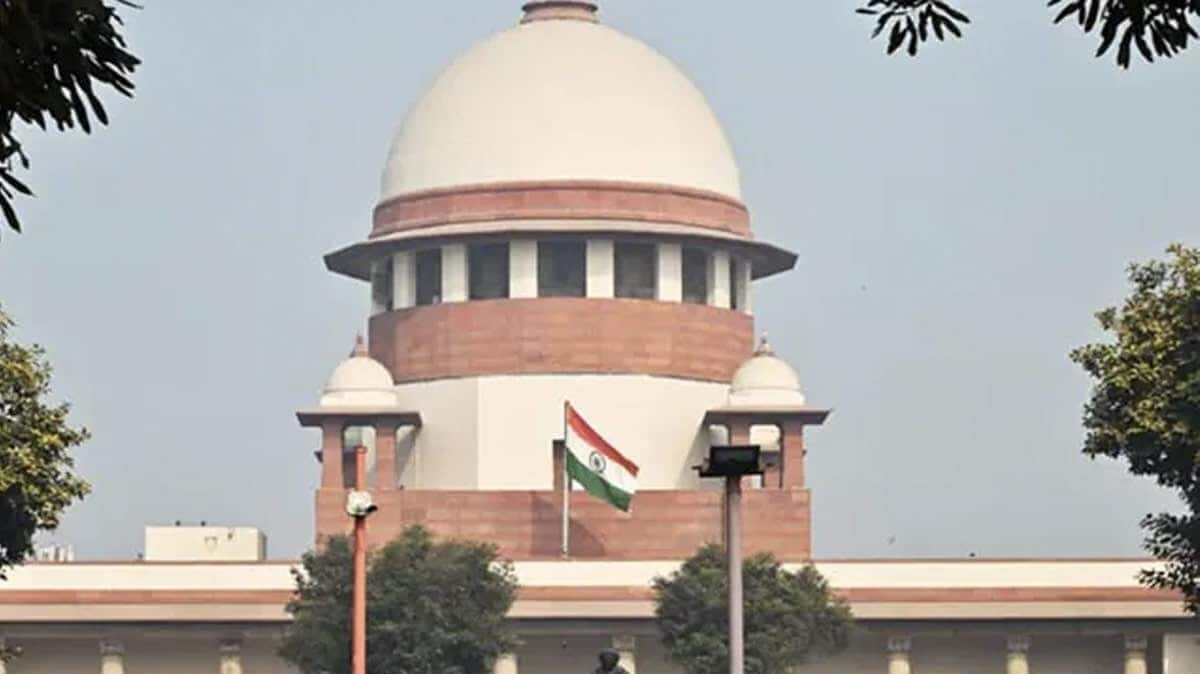
'Temple or dargah, no religious structure can obstruct public': SC
What's the story
The Supreme Court said on Tuesday that public safety is of utmost importance and that any religious structure encroaching on roads, water bodies, or rail tracks must be removed. The court reiterated that India is a secular nation and that its directives for bulldozer actions and anti-encroachment drives will apply to all citizens, regardless of their religion.
Legal defense
Only illegal constructions demolished: State authorities
A bench comprising Justice BR Gavai and Justice KV Viswanathan was hearing petitions against the bulldozer actions targeting individuals accused of crimes, a practice often referred to as "bulldozer justice." State authorities have asserted that only illegal constructions are demolished in such instances. Solicitor General Tushar Mehta represented three states—Uttar Pradesh, Gujarat, and Madhya Pradesh.
Secular directives
Solicitor General defends states' actions
When questioned whether being accused in a criminal case could justify bulldozer actions, Mehta responded, "No, absolutely not, even for serious offenses such as rape or terrorism." He further clarified that, as stated by the court, notices for such actions cannot be issued only a day in advance; they must be provided well ahead of time.
Housing concerns
Should be an online portal, says SC bench
The bench noted that there are distinct laws governing municipal corporations and panchayats, stating, "There should also be an online portal so people are aware; once you digitize it, there is a record." In response, the Solicitor General expressed concern that the court's directives seemed to be based on limited instances suggesting that one community was being targeted.
Statement
'No religious structure can obstruct public access...'
"We are a secular country, and our directions will apply to all, irrespective of religion or community. For encroachment, we have stated that if it is on a public road, footpath, water body, or railway line, any religious structure, whether it be a gurudwara, dargah, or temple, cannot obstruct public access," the court added. Justice Gavai added, "For unauthorized construction, there has to be one law; it is not dependent on religion, faith, or beliefs."